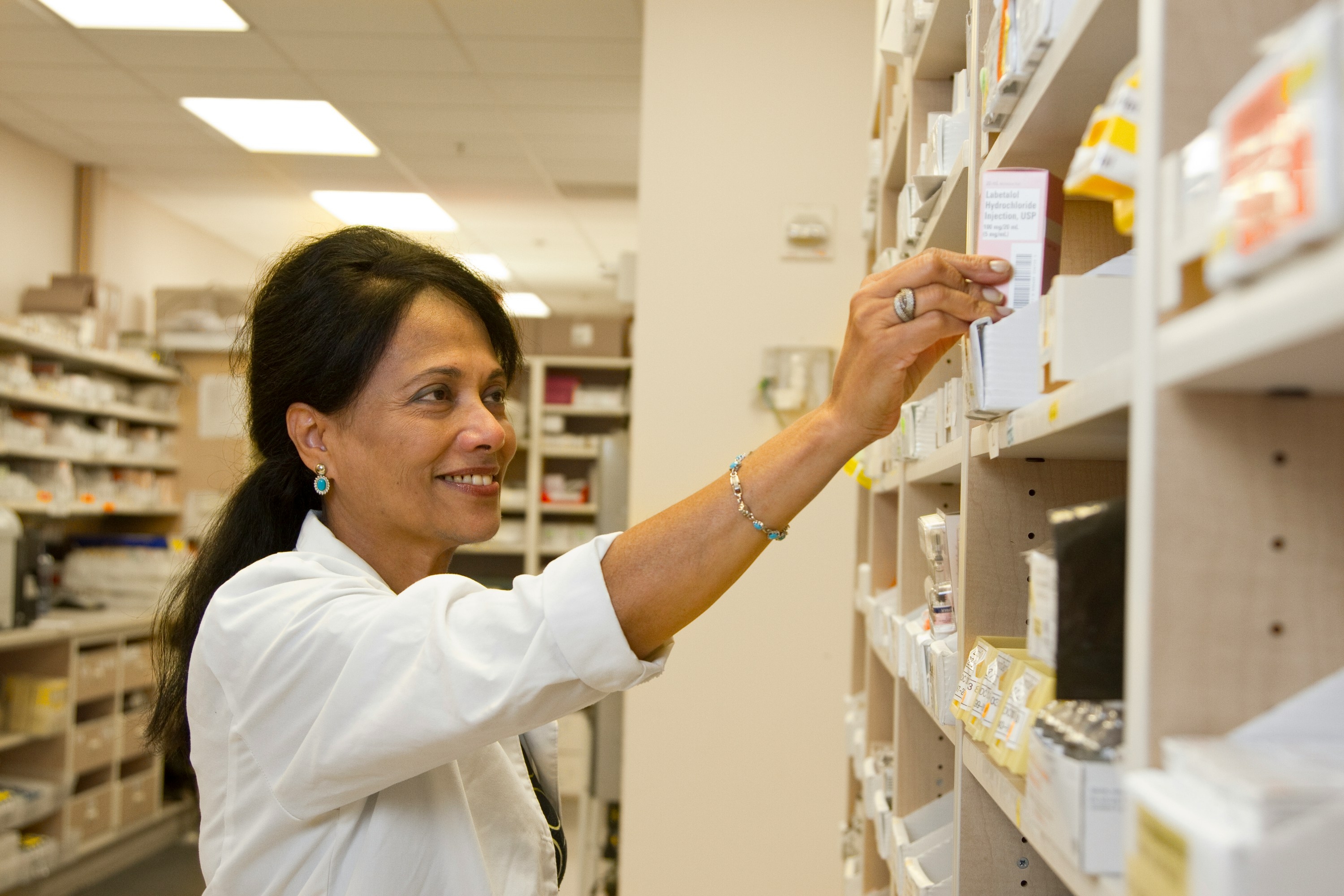
Portuguese Pharmacies: A Local Service
Always open, always welcoming: Portuguese pharmacies embody a model of trust, service, and humanity.
In Portugal, the pharmacy is much more than a simple place to buy medicine. It’s a space of trust, a point of reference in daily life, a place where advice, attention, and proximity meet.
In both big cities and remote villages, Portuguese pharmacies play a key role in healthcare and in the human connection between professionals and the community.
Let’s explore why this model inspires such loyalty and how it’s adapting to a new generation of patients.
A Presence in Every Neighborhood
It’s hard to walk more than a few streets in Portugal without spotting a green cross glowing in the distance. Pharmacies are everywhere, embedded in local life, whether in Lisbon’s historic center or a small Alentejo village.
This density ensures quick access to basic healthcare. Most pharmacies are open from Monday to Saturday, and an emergency service (farmácia de serviço) guarantees coverage at night, on Sundays, and public holidays.
The list of on-duty pharmacies can be easily found on farmaciasportuguesas.pt or posted on each storefront.
For expats, this system offers valuable peace of mind: in case of need, there’s always a pharmacy nearby — open and ready to help.
A Personalized and Warm Welcome
Human contact is at the heart of the Portuguese pharmacy experience. Pharmacists take time to listen, explain, and advise.
Many speak English, French, or Spanish, which makes communication easy for foreigners.
Unlike large European chains, Portuguese pharmacies often retain a family-run and independent structure, with long-serving teams who know their clients well.
Locals visit not only to pick up prescriptions but also for health, nutrition, or wellness advice.
It’s truly a place of trust, where pharmacists often know their regular customers by name.
Modern and Comprehensive Services
Beyond dispensing medicine, Portuguese pharmacies have expanded their role.
They now offer vaccinations, rapid tests (for flu, COVID-19, glucose, cholesterol), blood pressure checks, and even minor health consultations in some areas.
The country has modernized this sector without losing its human touch.
Many pharmacies now feature private consultation rooms, online ordering systems, and apps that allow users to renew prescriptions or check product availability.
This modernization follows a simple philosophy: making healthcare more accessible while preserving the personal connection that defines Portuguese service.

Transparent Prices and an Efficient System
Medicines in Portugal have regulated prices.
Pharmacies apply the same rates for products reimbursed by the Serviço Nacional de Saúde (SNS). Patients only pay the non-covered portion at the counter.
Generic drugs are widely used, and pharmacists always propose the most economical option available unless the customer requests otherwise.
This transparency builds trust and helps maintain an efficient healthcare system, with pharmacists serving as a crucial link between doctors and patients.
Pharmacies and Expats
For expats living in Portugal, pharmacies provide a sense of comfort and stability.
They make adaptation easier by offering bilingual service and guidance on local procedures (prescription renewal, reimbursements, SNS registration, etc.).
Pharmacies in Lisbon, Porto, Faro, and Cascais welcome clients from all over Europe and beyond, accustomed to high service standards.
Some international pharmacies even stock imported products or specific brands unavailable elsewhere, which appeals to newcomers seeking familiar references.
Conclusion
Portuguese pharmacies are not just places to buy medicine — they reflect a philosophy of care built on proximity and trust.
They combine tradition with modernity, professionalism with warmth.
Whether you’re a tourist, resident, or expat, stepping into a Portuguese pharmacy means entering a space where health is approached with kindness, respect, and genuine care.
A quiet yet exemplary model of the Portuguese way of life.
Share this article
Suggested articles
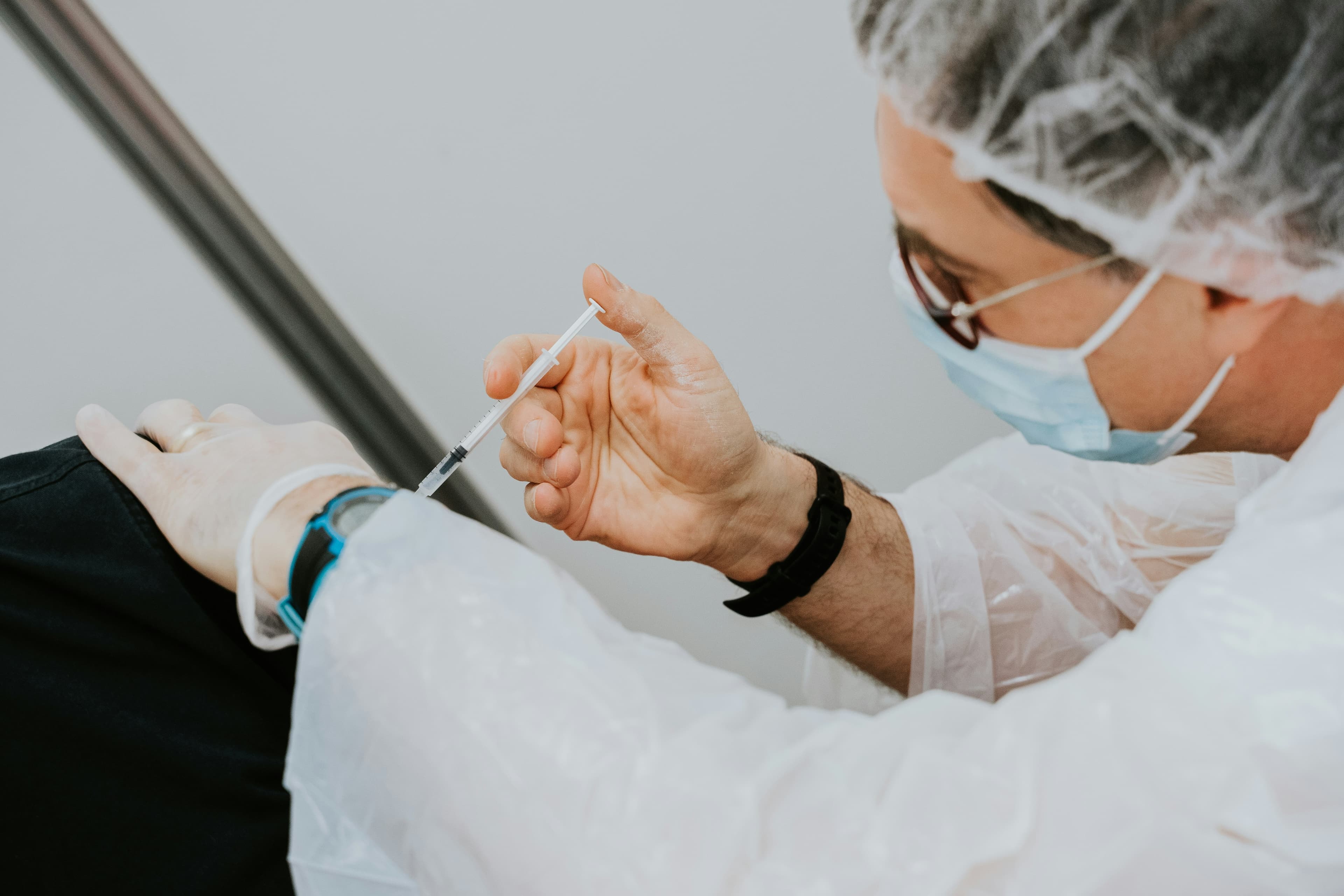
Before putting down your suitcases in Portugal, vaccines, mosquitoes & other medical delights
So that’s it, you’ve decided to drop everything for the Portuguese sunshine, grilled sardines and 80-cent coffee. Excellent choice. But before you picture yourself sipping your vinho verde on a Lisbon terrace, there’s a small detail you’d better not skip: your health.
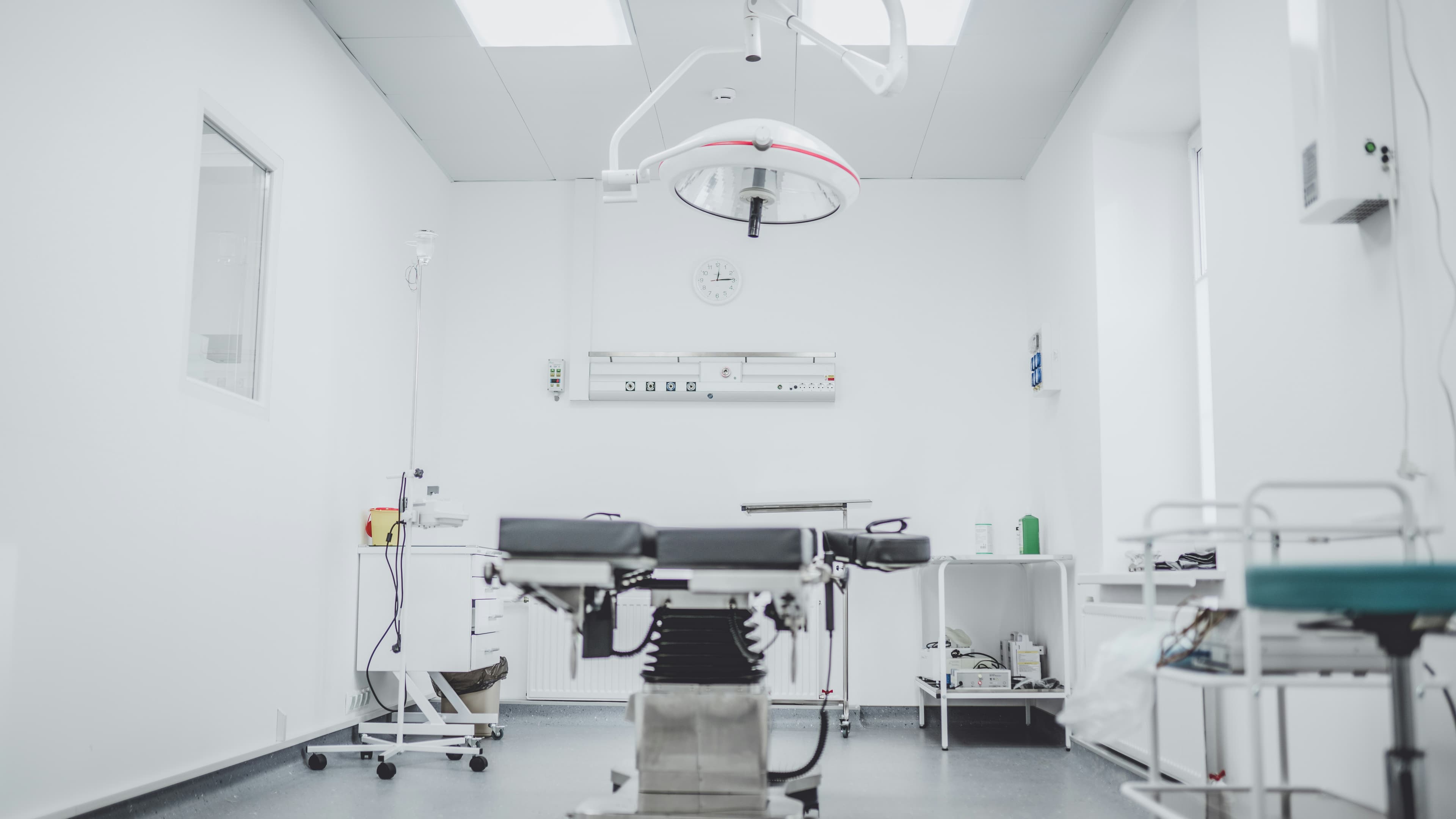
Private Clinics: Standards and Prices
If there is one area where Portugal quietly excels, it is private healthcare. The country has successfully combined high-quality care, modern technology, and genuine hospitality, creating a model appreciated by both locals and foreign residents. Faced with delays in the public system and the growth of medical tourism, private clinics are booming, particularly in Lisbon, Porto, and Faro.

Health Insurance for Expats: Options and Costs
Moving to Portugal is, for many, the fulfillment of a dream. Sunshine, the sea, gastronomy, and quality of life attract thousands of expats every year. But before diving into the calm rhythm of Portuguese life, one essential question arises: how to ensure proper healthcare coverage?
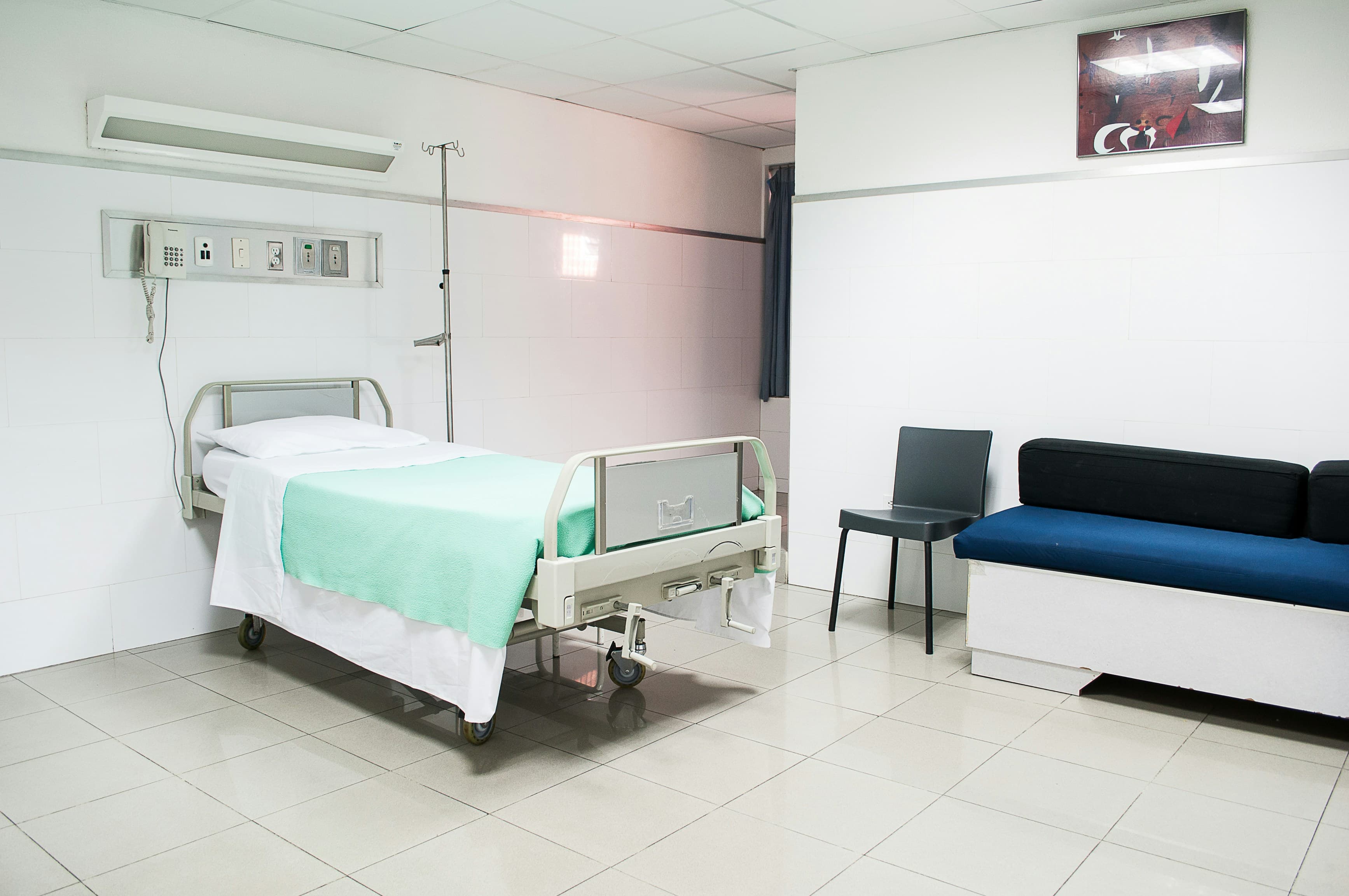
Portuguese healthcare system : public vs private
You might have just settled in Portugal, sunglasses on, pastel de nata in hand, and suddenly think, “Okay, but what happens if I get sick ?”. Take a deep breath (it’s going to be fine), let’s break it all down together, clearly, simply, and without boring you (promise !). Here’s what you need to know about the Portuguese healthcare system, both public and private, what’s great about it, and what to keep in mind.
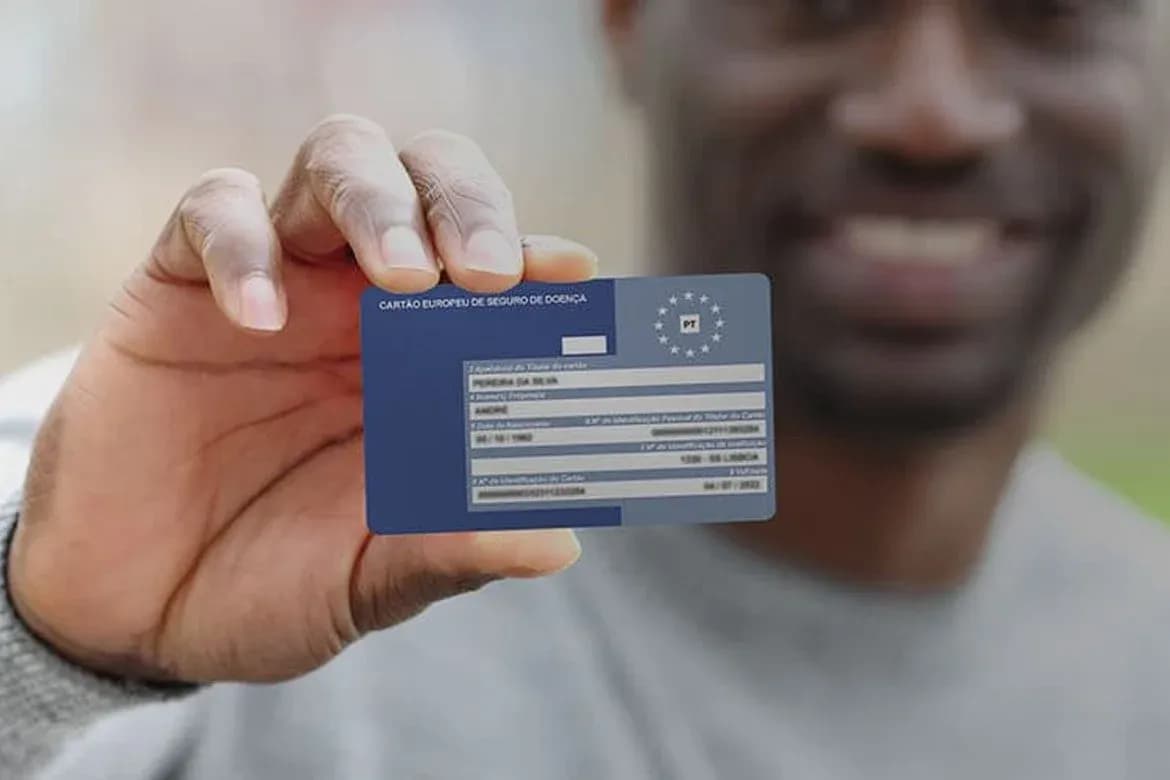
How to get your número de utente (Portuguese health user number)
If you plan to live in Portugal for more than a few weeks (or even a few months), there’s one phrase you’ll hear sooner rather than later : “número de utente.” It’s also called the “SNS number.” This is your personal ID within the Portuguese public healthcare system (Serviço Nacional de Saúde). Without it, you’re basically a “medical tourist.” With it, you’re officially part of the system you can book appointments at your local centro de saúde (public health center), see a family doctor, go to the ER, and get billed like a local resident. In short, it’s your ticket to public healthcare. So yes, it’s important ! And good news : getting it is totally doable even if Portuguese bureaucracy has a deep love for… paperwork. Lots of paperwork !
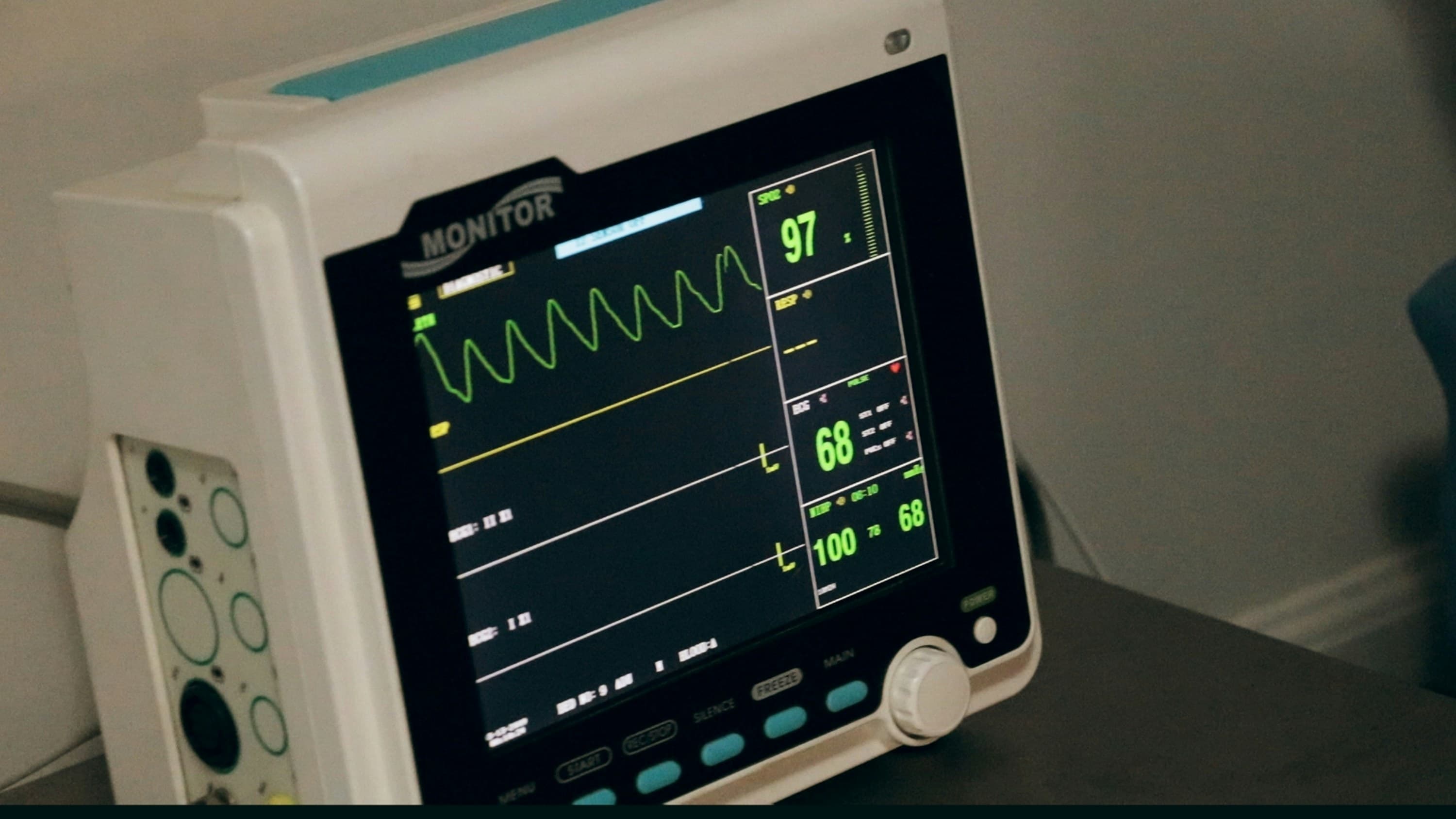
Medical Emergencies in Portugal: Numbers and How It Works
Falling ill or getting injured abroad is one of those situations no one wants to face. However, thanks to its solid healthcare system and well-trained teams, Portugal handles medical emergencies with professionalism and speed. Whether you are a tourist, an expat, or simply passing through, knowing the right numbers and how the emergency network works can make all the difference.


